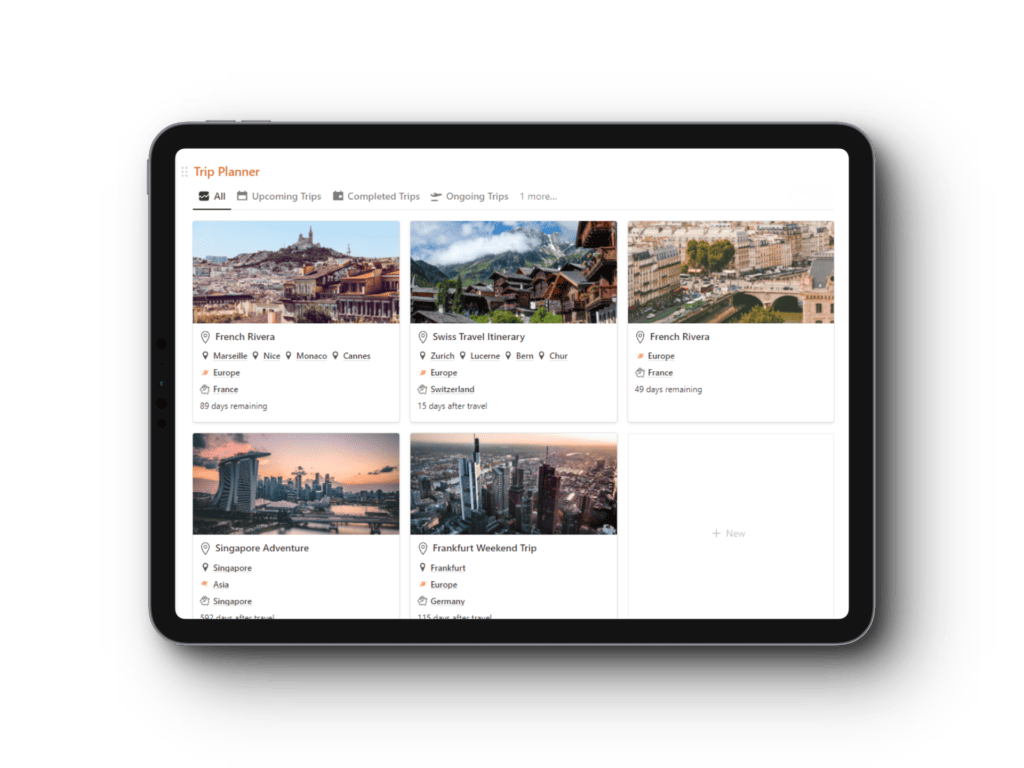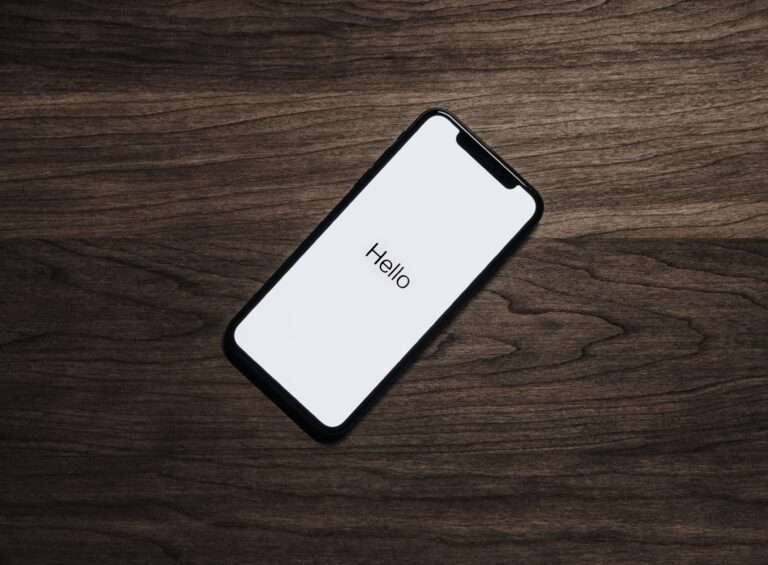How to say good morning in German
If you’re planning a trip to Germany or just want to learn a new language, it’s important to know how to say basic phrases like “good morning”. In this article, we will provide you with a complete guide on how to say “good morning” in German, including variations and other useful phrases.
German language can be a bit difficult but learning couple of phrases before planning your trip to Germany, Austria or Switzerland will give you a jumpt start and you can enjoy greeting when you are buying your first Coffee in the morning.

Introduction about German Language
German is a beautiful language with a rich culture and history. Whether you’re traveling to Germany, Austria, or Switzerland, knowing how to say “good morning” is a great way to start your day and show respect to the locals. Learning how to say basic phrases can also help you communicate with people, ask for directions, and order food.
How to say good morning in German
The Basics
Before we dive into the different variations of saying “good morning” in German, it’s important to understand the basics. In German, “good morning” is translated as “guten Morgen”. It’s pronounced as “goo-ten mor-gen”. The word “guten” means “good”, while “Morgen” means “morning”.
Variations
There are different variations of saying “good morning” in German depending on the region and the context. Here are some of the most common ones:
1. “Moin”
“Moin” is a common greeting in northern Germany, especially in the coastal areas. It’s a short form of “guten Morgen” and can be used throughout the day as a casual greeting. It’s pronounced as “moin” or “moin moin” and is often used among friends or acquaintances.
2. “Guten Tag”
“Guten Tag” is another common greeting in German that can be used throughout the day. It’s a more formal way of greeting someone and can be used in a business or professional setting. It’s pronounced as “goo-ten tahg” and means “good day”.
3. “Guten Morgen, Schatz”
If you want to greet your loved one in the morning, you can use the phrase Guten Morgen”, Schatz. It’s pronounced as “goo-ten mor-gen, shats” and means “good morning, sweetheart”. It’s a sweet and romantic way to start your day.
4. “Hallo”
“Hallo” is a universal greeting that can be used in any context. It’s a casual way of greeting someone and is often used among friends or acquaintances. It’s pronounced as “hal-loh” and means “hello”.
I hope everything is clear (Alles Klar)
How to Say Good Morning Beautiful in German
Guten Morgen Schönheit
This is pronounced like Goo-ten mor-gen, shoonheight.
Other Useful Phrases
Aside from saying “good morning”, here are some other useful phrases that you can use when greeting someone in German:
1. “Wie geht es Ihnen?”
“Wie geht es Ihnen?” is a formal way of asking “how are you?”. It’s pronounced as “vee get ess een-en” and is often used in a business or professional setting.
2. “Wie geht’s?”
“Wie geht’s?” is a more casual way of asking “how are you?”. It’s pronounced as “vee gets” and is often used among friends or acquaintances.
3. “Guten Abend”
“Guten Abend” is a greeting used in the evening. It’s pronounced as “goo-ten ah-bend” and means “good evening”.
Conclusion
Learning how to say “good morning” in German is a great way to start your day and show respect to the locals. With these different variations and useful phrases, you’ll be able to communicate with people and make your trip to Germany more enjoyable.
FAQ
Is “Moin” a formal greeting in Germany?
How do you pronounce “guten Morgen”?
Can “guten Tag” be used throughout the day?
What is a romantic way to say “good morning” in German?
Get your Notion Travel Planner Template!
Embark on your next adventure with the Wanderlust Planner, the ultimate Notion Travel Planner Template. Organize your wanderlust-fueled dreams and turn them into unforgettable journeys. Whether you’re a seasoned globetrotter or a newbie explorer, this template has you covered.







